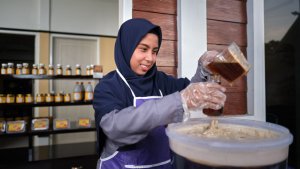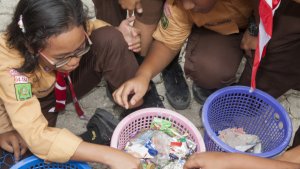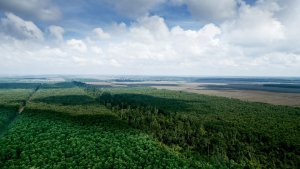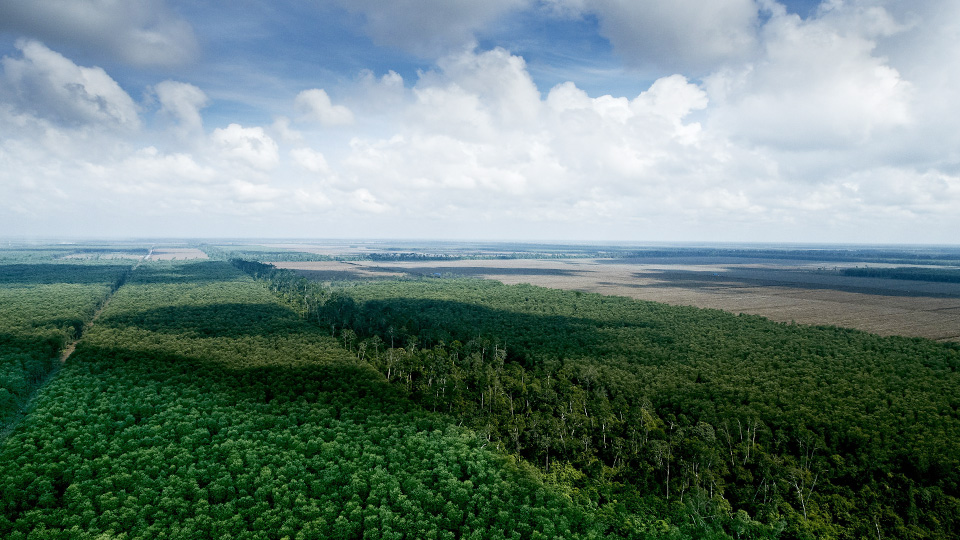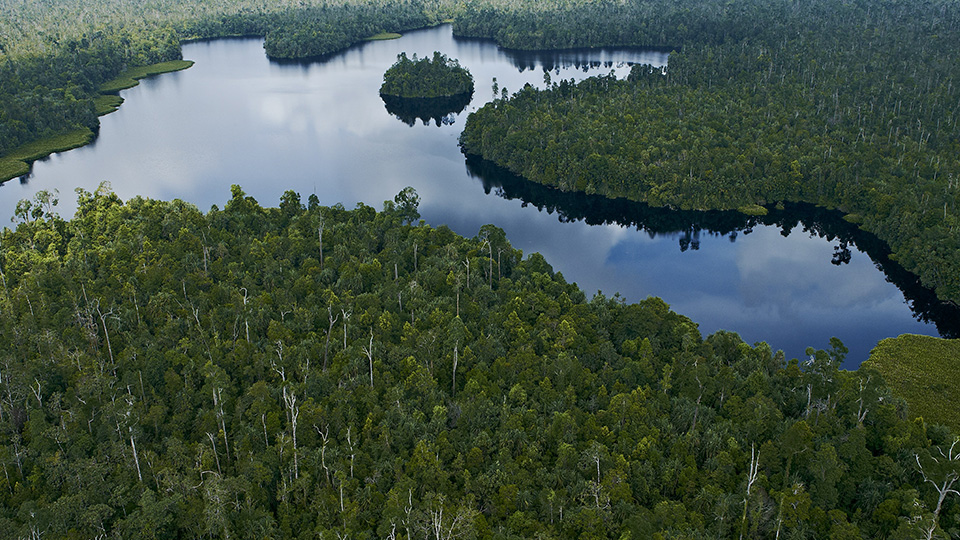Get to Know BoardOne, APRIL’s modern and advanced paperboard packing solution
- Details
The Future is Paperboard
When you hold your purchases or takeaway food, you are likely holding a container made of paperboard. Manufacturers like APRIL are providing sustainable packing solutions developed with the most advanced technology, delivering paperboard packaging that is more durable, more versatile and more eco-friendly than ever before

The everyday retail experience has changed significantly for most consumers, particularly in the aspect of packaging. Bringing home your goods or takeaway usually meant plastic bags and packaging, but in recent years, the use of paper is increasingly the default for many stores and brands. Not only is paper made from a natural resource, paper is seen to be more prestigious and appeals to eco-conscious consumers.
According to a Straits Research report on Sustainable Packaging Market Size, Share, and Forecast to 2031, “the paper segment… is estimated to grow at a CAGR of 7.25%” and that the “fastest-growing sustainable packaging materials are those made of paper, like paper bags, pouches, and cartons.”
As one of the largest, most technologically advanced and efficient maker of pulp and paper products in the world, APRIL is responding to this consumer preference with the rollout of BoardOne™, a range of premium-quality paperboard products made from renewable wood fibres. Paperboard is the specific paper type used as the material for containers. Comprised of multiple layers of pulp, paperboard offers a stronger structure and better durability than everyday paper. Despite its thickness, paperboard remains flexible and can be folded into various packaging needs, ranging from daily necessities to business use.
This downstream product has been developed and produced by PT Riau Andalan in a new facility at APRIL’s Riau Complex, with an annual production capacity of 1.2 million tonnes of sustainable packaging. “This is our largest single investment here in Riau since the company was founded almost 30 years ago,” says Sihol Aritonang, President Director of PT Riau Andalan. “This product diversification strengthens our commitment to grow our business sustainably, in line with our existing sustainability commitments and our APRIL2030 targets.”
Carried under the BoardOne™ and SilverPak brands, the packaging is produced from APRIL’s sustainably managed plantation resources, certified under the Programme for the Endorsement of Forest Certification (PEFC). The packaging types include:
-
Food & Beverage Containers
Due to its high durability, paperboard is perfect to pack any food and beverages, hot or cold. Paperboard for food containers is specially developed to be free from unknown chemical substances to ensure safety. Made with 100% renewable fibre, BoardOne paperboard is safe for direct or indirect contact with food, and is GC2 OBA Free when it comes to coating and brightness.
Where you’ll see it: Take-away boxes, food trays and bowls
-
Goods packaging
The flat and smooth layers of paperboard allow a more vibrant and sharp printing, and the thickness provides flexibility for packaging from small cosmetics to large electronics.
Where you’ll see it: Cosmetic and household items packaging
- Shipping packaging
Your online purchase can be shipped in paperboard, and its durability allows for multiple re-use, or to be recycled. Fibre-based packaging, such as paperboard, can be recycled more than 25 times with little to no loss of integrity, according to research conducted at Graz University in Austria.
Where you’ll see it: Delivery packages
-
Arts & Graphics material
Art board paperboard is specifically designed with higher brightness and whiteness to accentuate more vibrant colours and sharper details.
Where you’ll see it: brochures, menus, gift boxes, advertising materials
Click here to discover more about BoardOne™
More Articles
